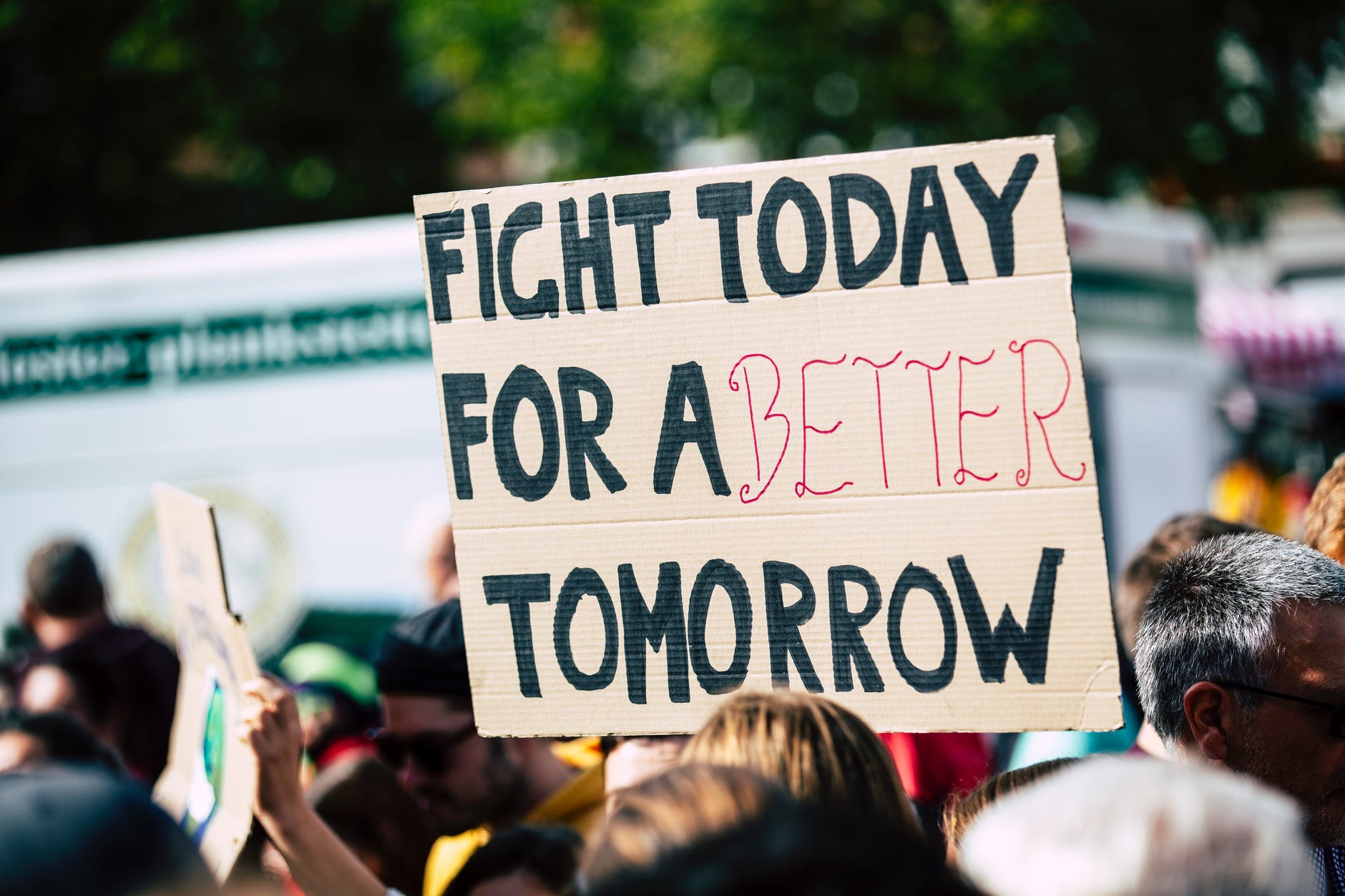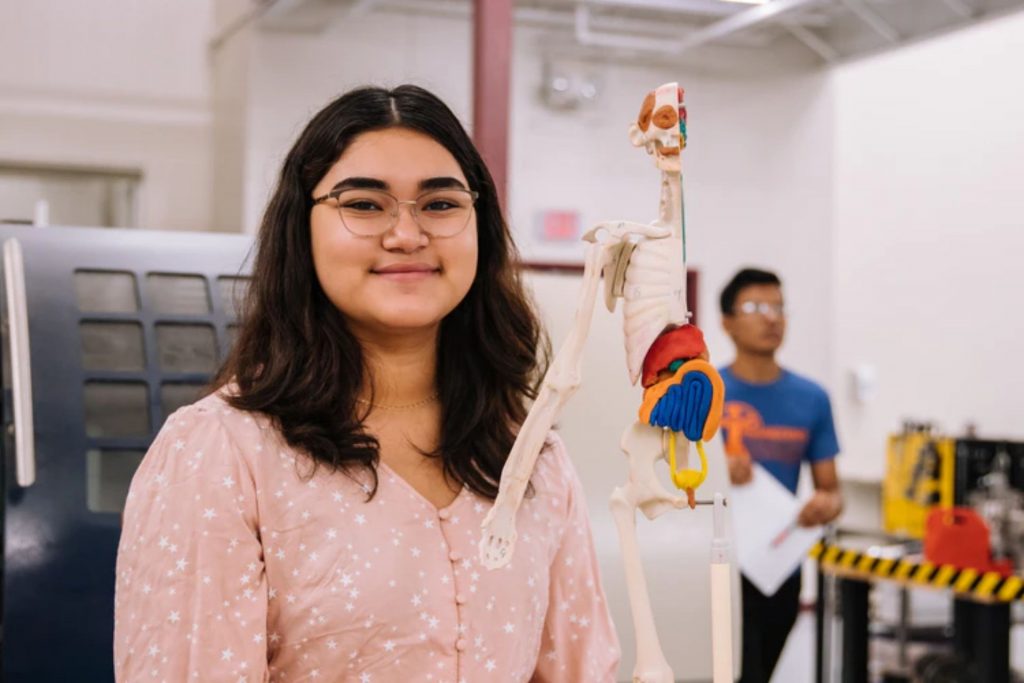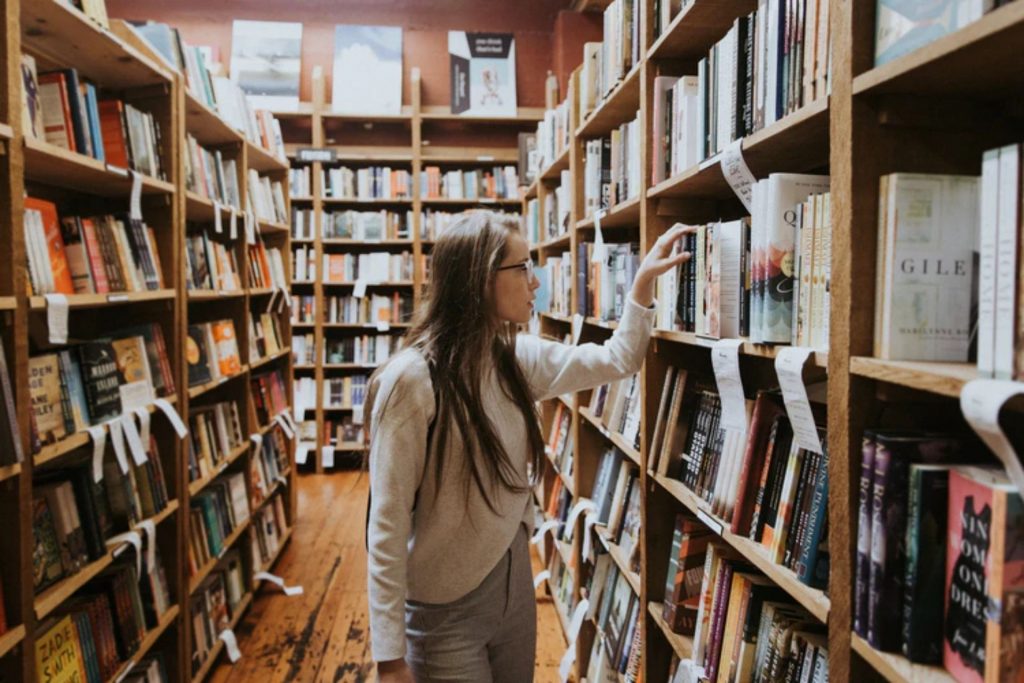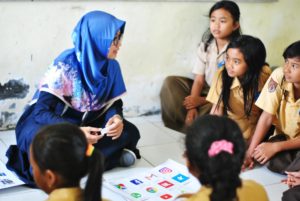
We are a reader-supported education publication. When you buy through links on our site, we may earn an affiliate commission to help us keep providing content.
Global educational development has a significant impact on health care, economic stability and social equality. When we educate young women, we maximize society’s ability to prosper and thrive. Various female leaders help increase your girls’ learning accessibility, utilizing their voice for the betterment of voiceless generations.
1. Michelle Bachelet
Michelle Bachelet is a female education activist and Chile’s former president. She advocated for higher education reformation laws and unique state university policies, increasing women’s accessibility to higher education. Before leaving office, Bachelet achieved her campaign promise to reform all levels of learning.
She passed over 29 laws, such as ones supporting nursery schools and non-discrimination acts in primary and secondary schools. Bachelet also passed a higher education reform law, guaranteeing free education. The law required officials to add student learning fees to the national budget.
Now, the 60% most impoverished students in Chile study for free. Depending on the nation’s GDP expansion, funding will expand to additional individuals.

2. Malala Yousafzai
Malala Yousafzai became the face of girls’ educational activism following a personal incident. After the Taliban took control of her town, girls could no longer attend school. At age 11, she was banned from educational facilities and showed up anyways to speak publicly on behalf of women’s right to learn. A masked gunman shot Malala in retaliation, placing her in a coma for ten days.
Following months of surgeries and rehabilitation, she dedicated her life to female education activism. Malala established a charity fund, providing every girl and opportunity to achieve a bright future. The community recognized her global effort, awarding her the Nobel Peace Prize in 2014.
She was the youngest Nobel laureate and arguably the most impactful. Malala recently graduated from Oxford and continues to serve as a voice for voiceless and uneducated females worldwide.
3. Michelle Obama
The former U.S. First Lady, Michelle Obama, used her national influence, supporting young women. The Obama Foundation evaluated the education system and explored solutions to inequality. Michelle found organizations previously invested in the cause and developed a communal effort, expanding each voice.
She collaborated with over 1,500 grassroots organizations globally. From there, Obama established the Global Girls Alliance, helping solve specific communities’ issues regarding girls’ educational access. The program expanded past a national level, connecting academic activists around the world.
4. Julia Gillard
Australia’s former Prime Minister, Julia Gillard, devoted her life to educational equality. She is now the Chair on the Board of Global Partnership for Education. Gillard is also a distinguished fellow at the Brookings Institution for education.
As Prime Minister, she established nation-altering policies. Gillard reformed Australia’s education from early childhood to university levels. Since stepping down, she joined the United Nations Girl’s Education Initiative. She advocates for girls’ equal access to learning opportunities.
On the Board of Global Partnership, Gillard leads the education fund for disabled and impoverished children and young girls facing oppression. Her equality and educational efforts show promising hope for young girls everywhere.
5. Maria Montessori
Maria Montessori was an Italian teacher in Rome at the beginning of the 20th century. Many recognize her name because of the 5,000 schools dedicated to her teaching style.
Montessori devoted her life to educating impoverished girls and boys. She turned each child’s home into an educational environment. Montessori gave kids the tools to teach themselves, inspiring women educators around the world.
6. Emma Watson
Many know Emma Watson from her role in the Harry Potter film series. The Brown University-educated woman dedicates her adult life to the empowerment of young women, serving as a United Nations (UN) Ambassador. She serves as the HeForShe UN’s campaign advocate, promoting gender equality.
Watson has promoted girl’s education for several years and visited developing countries, expanding her humanitarian efforts. She continues to use her fame to help less fortunate girls access adequate learning experiences.
7. Ann Cotton
Ann Cotton is the co-founder of the Campaign for Female Education (CAMFED). She received the 2014 World Innovation Summit for Education prize for her activist efforts. Her campaign is a pan-African movement changing female education.
A gold-standard accountability system helps CAMFED radically improve girls’ educational independence. Cotton’s efforts multiplied the number of girls in the education system and accelerated their paths to leadership.

8. Hillary Clinton
In 2014 Hillary Clinton launched the Collaborative for Harnessing Ambition and Resources for Girls Education with Julia Gillard. Her five-year initiative committed over $600 million, helping 14 million girls receive educations.
The initiative ensures girls’ access to primary and secondary school. It also provides the necessary tools for them to succeed. Clinton uses her political power and fame to make schools safer for all students, allowing undisrupted learning.
She goes on to improve the quality of education for girls and supports their transition to higher learning and employment. The initiative also calls upon local government officials, helping develop female educational movements at the grassroots level.
Since conducting this work, the number of female students has increased globally in primary school. There is still a significant gap between the number of boy and girl students in secondary education programs. The barrier lies between their safety, inequality and learning accessibility.
How You Can Help
The pandemic placed a significant strain on girls’ abilities to receive an adequate education. As the world re-opens, we can work together, ensuring each child gets equal learning opportunities. Talk to your local government officials about ways your community can help support girls with limited educational access.









